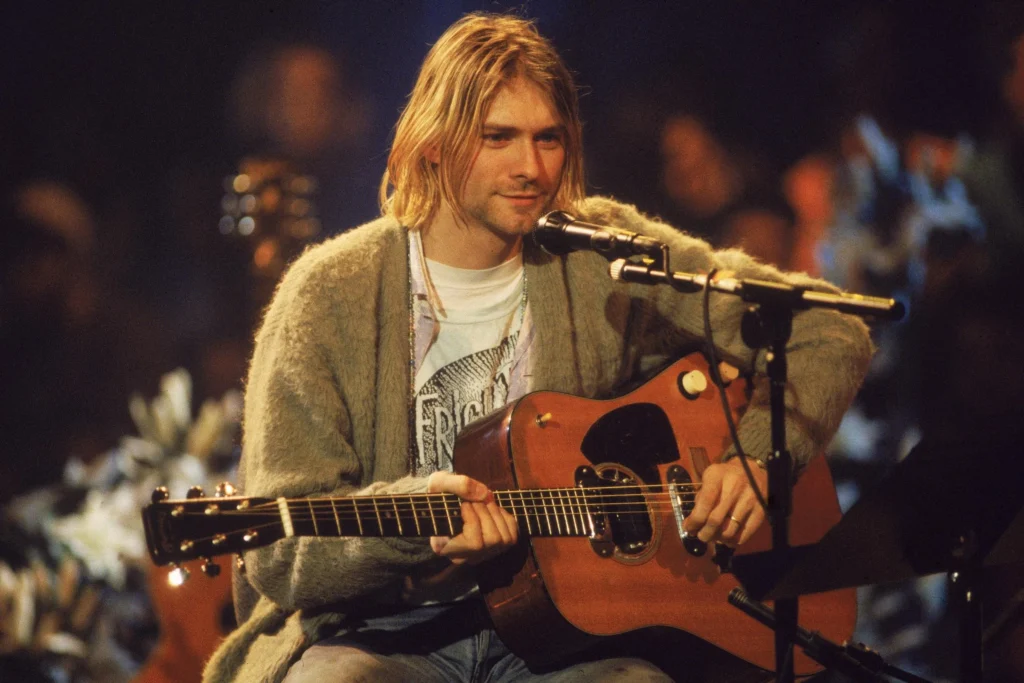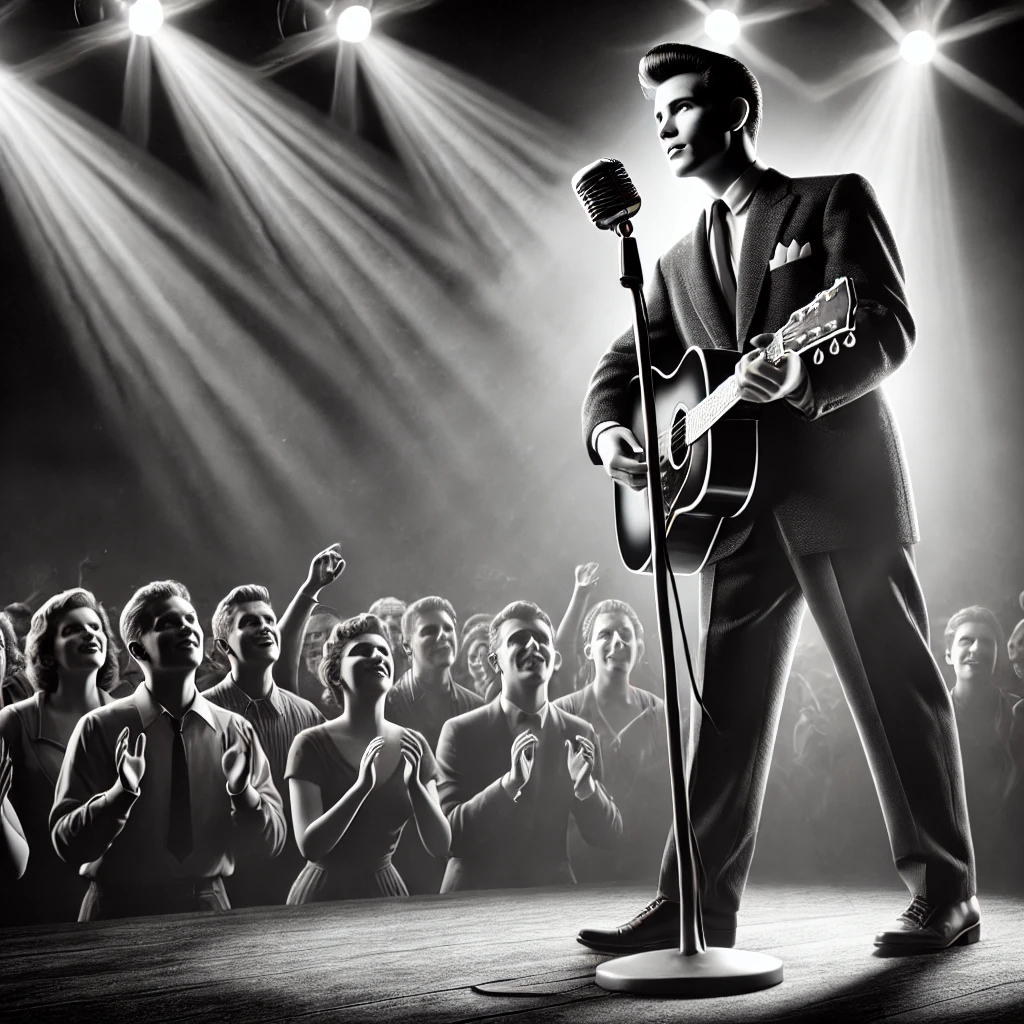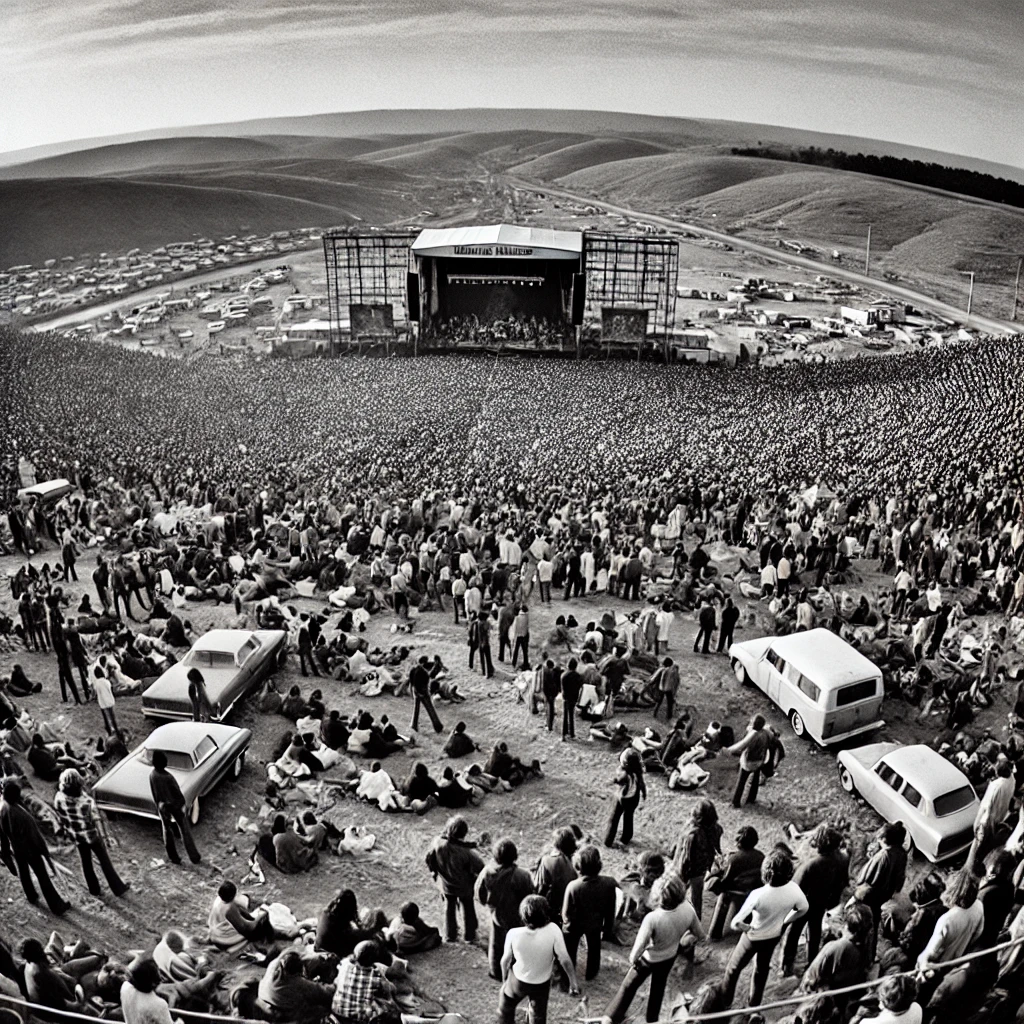In November 1993, Nirvana took the stage at Sony Music Studios in New York for what would become one of the most iconic performances of their career—and arguably in music history. The band’s appearance on MTV Unplugged showcased a more intimate side of the grunge giants, stripping down their usual chaotic sound for something raw, emotional, and unforgettable. But what is it about this performance that makes it resonate so deeply even decades later? Let’s dive into this historic concert and explore why it continues to stand as a defining moment in both Nirvana’s legacy and the grunge era.
The Setup: A Departure from the Norm
Nirvana’s MTV Unplugged session wasn’t your typical grunge concert. Instead of the electric guitars and explosive energy that fans had come to expect, the band opted for acoustic instruments and a setlist that veered away from their biggest hits. This was a bold move, but it worked to create an atmosphere of vulnerability, a stark contrast to the more aggressive, angst-filled sound that defined the Seattle music scene at the time.
From the very beginning, it was clear this would be no ordinary concert. Kurt Cobain, clad in a simple cardigan, seemed almost fragile under the studio lights. The stage was decorated with flowers and candles, giving the performance a funereal tone—a decision that would become tragically prophetic just months later.
A Setlist for the Ages
Nirvana’s song selection for MTV Unplugged was anything but predictable. While most bands would have chosen to play their greatest hits, Nirvana went in a different direction, performing lesser-known tracks from their catalog alongside several surprising covers.
Among the setlist highlights were “About a Girl” from their debut album *Bleach* and an acoustic rendition of the haunting “All Apologies.” However, it was their covers that truly stole the show. Their rendition of David Bowie’s “The Man Who Sold the World” remains one of the most beloved performances of the night, with Cobain’s melancholic voice breathing new life into the track.
But the emotional climax of the performance came during their cover of the traditional folk song “Where Did You Sleep Last Night.” Cobain’s raw delivery, particularly during the final, spine-tingling scream, left the audience in stunned silence. It was a haunting moment that seemed to capture the essence of the entire grunge movement—pain, alienation, and authenticity.
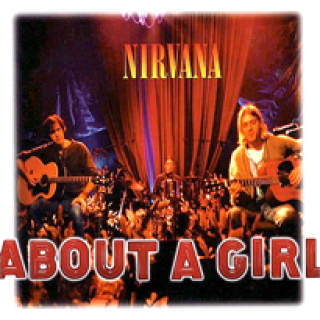
Kurt Cobain: The Fragile Genius
Kurt Cobain’s performance during MTV Unplugged was both mesmerizing and heartbreaking. At times, he seemed distant, almost uncomfortable with the intimacy of the setting. Yet his voice carried an emotional weight that resonated deeply with the audience. This concert offered a rare glimpse into the vulnerable side of a man often viewed as the face of an entire generation’s anger and frustration.
It’s no secret that Cobain was battling personal demons at the time, and many fans now view this performance as a haunting prelude to his tragic death just five months later. The raw emotion on display during MTV Unplugged, particularly in songs like “Pennyroyal Tea” and “Dumb,” feels even more poignant when viewed through the lens of Cobain’s inner turmoil.
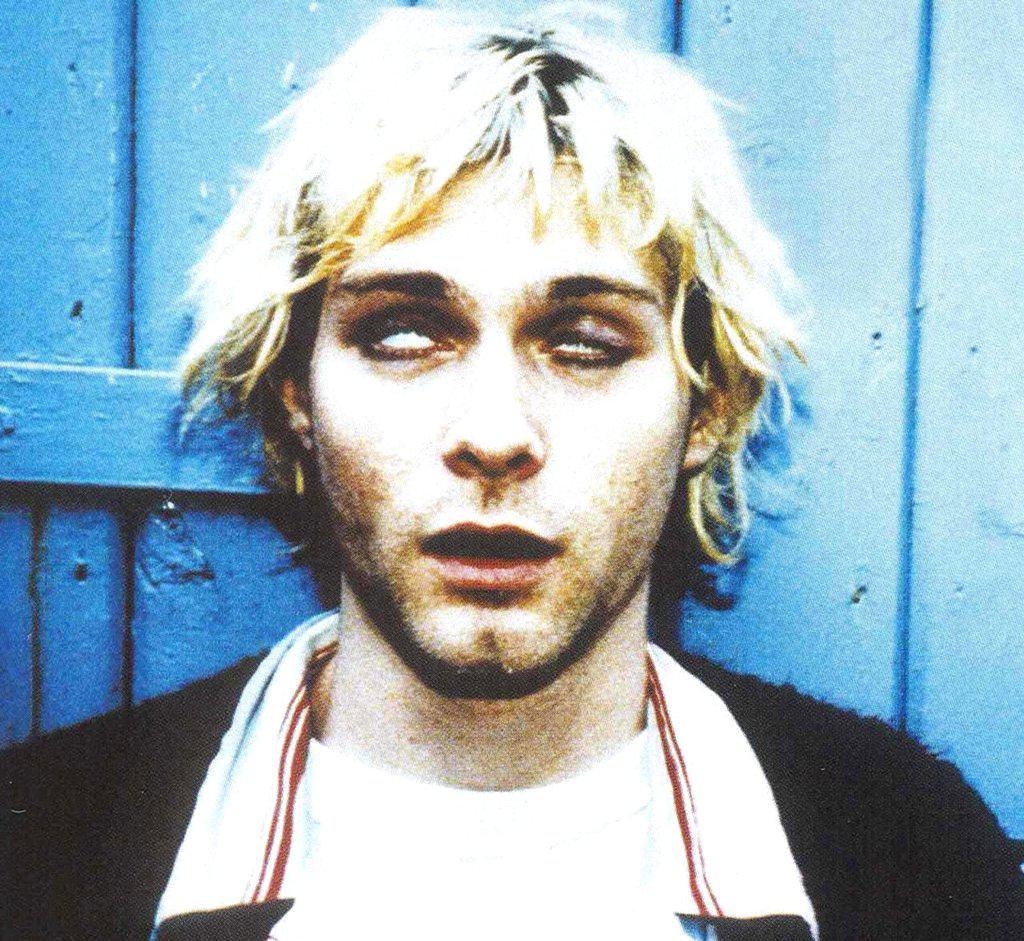

The Impact on the Grunge Movement
Nirvana’s MTV Unplugged performance didn’t just redefine the band—it had a lasting impact on the entire grunge movement. By stripping away the distortion and heavy riffs, the performance showcased that grunge was more than just loud guitars and angst. It revealed the depth and emotion that lay beneath the surface, highlighting the genre’s true essence.
This concert also paved the way for other grunge and alternative bands to explore a softer, more introspective side. Artists like Pearl Jam and Alice in Chains would go on to perform their own Unplugged sessions, following in Nirvana’s footsteps by showing that even the most abrasive genres can have a vulnerable, acoustic heart.
Why Nirvana’s MTV Unplugged Still Resonates
Decades after its initial airing, Nirvana’s MTV Unplugged performance continues to captivate audiences. It’s a reminder that even at the height of their fame, Nirvana was willing to take creative risks and show a more fragile side of themselves. The raw emotion, intimate setting, and haunting vocals make this concert more than just a footnote in rock history—it’s a cultural milestone.
More importantly, this performance offers a rare glimpse of Kurt Cobain not as a rock star, but as a human being—complex, troubled, and deeply introspective. That’s what makes Nirvana’s MTV Unplugged not just a concert, but a moment frozen in time—one that continues to echo through the decades.
